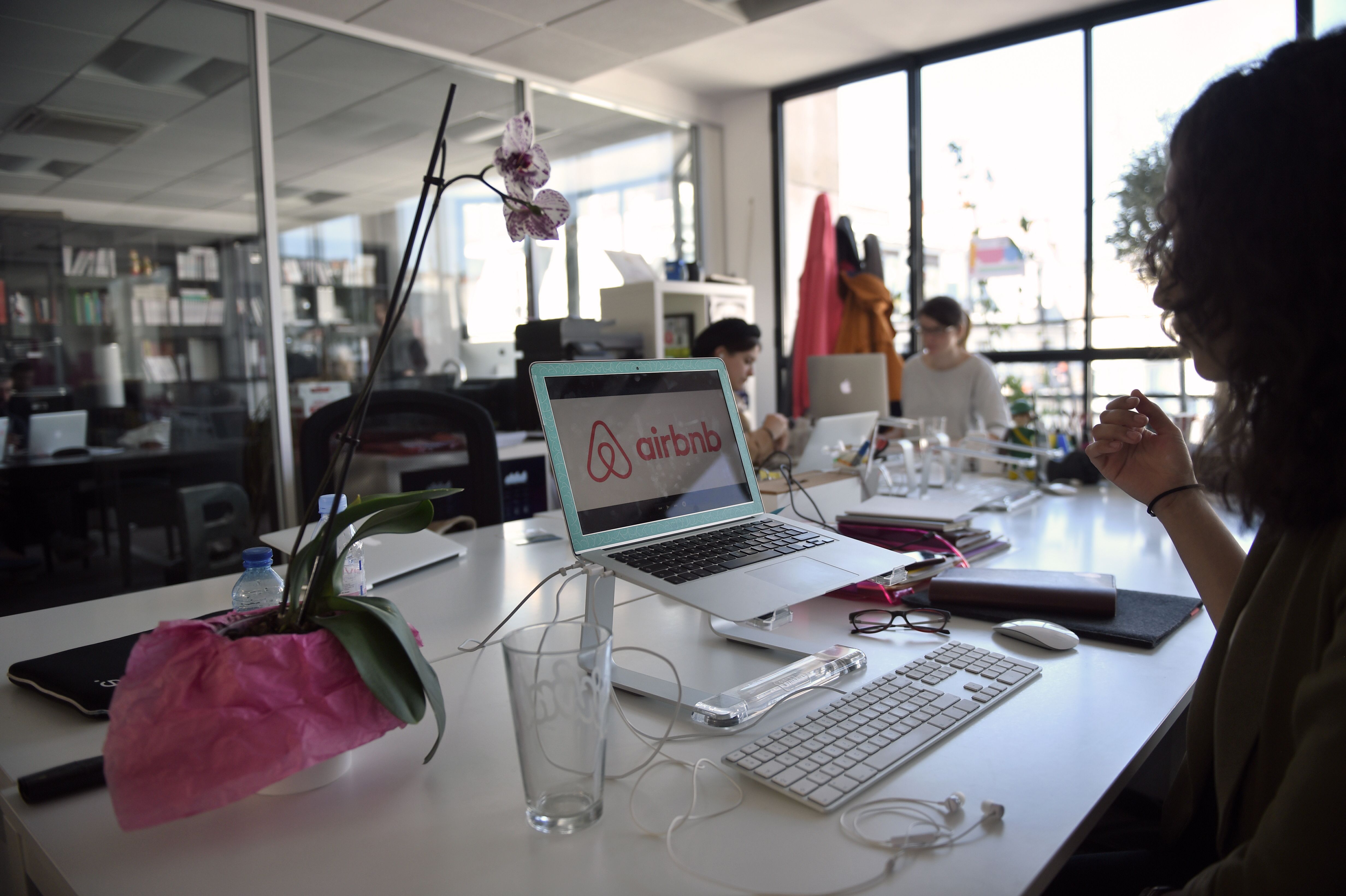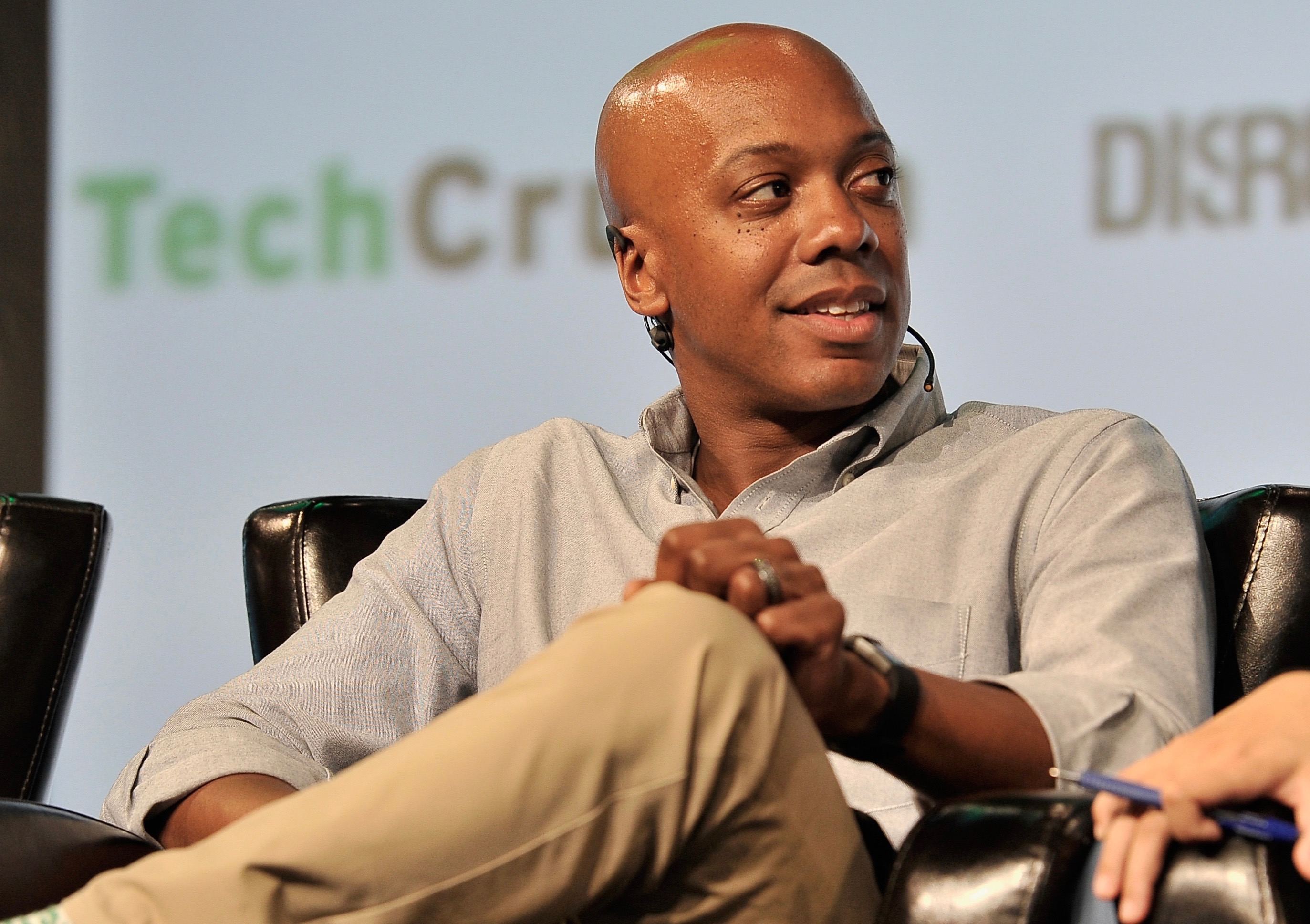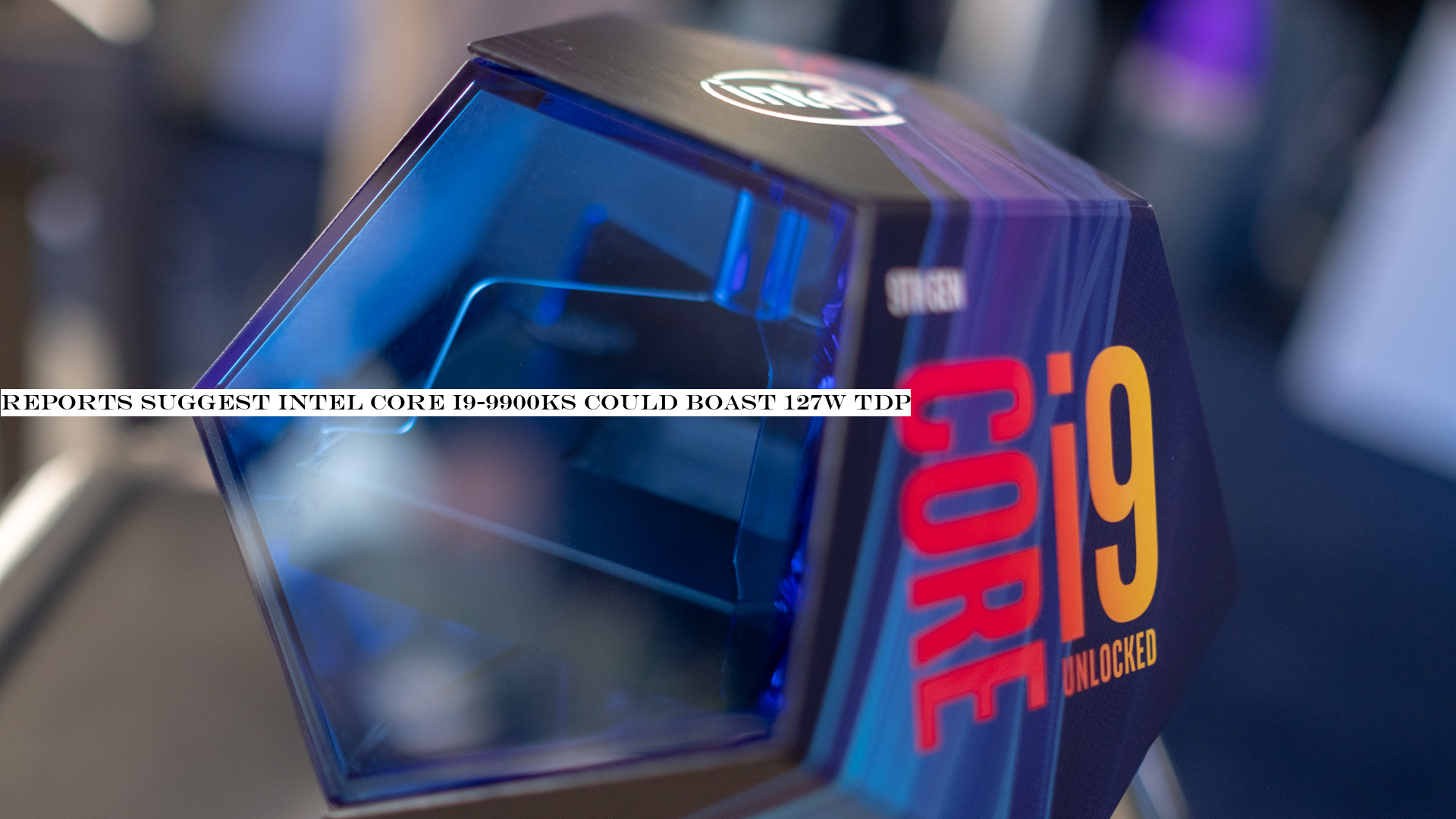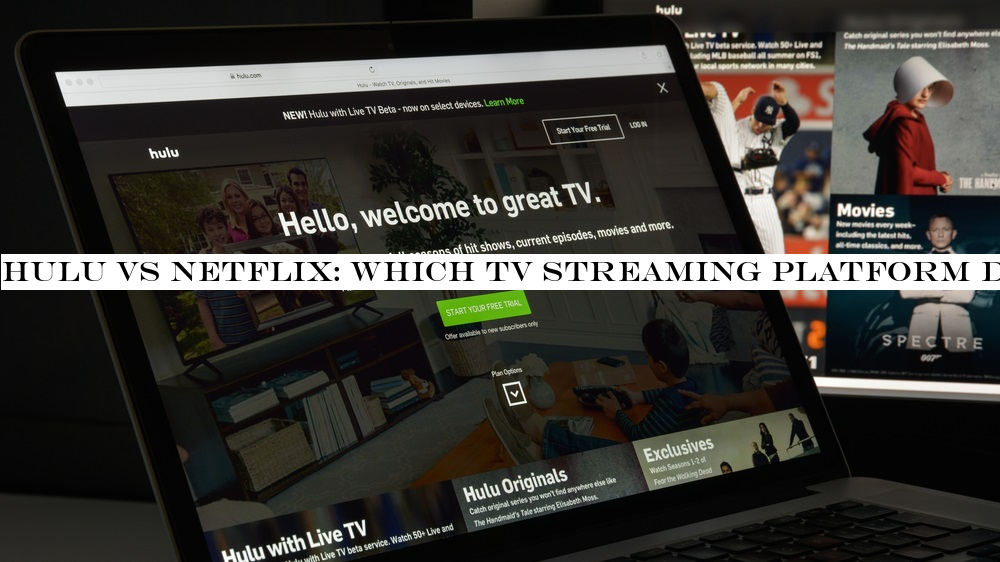Alchemist Accelerator, a startup incubator which focuses on enterprise companies, held a demo day yesterday for its 22nd batch.
Each company got 5 minutes to tell a theater full of investors who they are, what they&re building, and why they might be the best to build it. We saw companies working on everything from industrial robotic vacuums, to platforms for healthcare facilities, to AI-driven money lending platforms.
Couldn&t be in the room, but want to know which companies debuted? Heremy notes on all twenty two teams, in the order in which they presented:
1) Cresance: Uses AI to cut cloud operating costs, using their algorithms to detect wastage. Companies are spending $200B on the cloud in 2019; Cresance estimates that this will go up to $500B in 3-5 years.

2) Bridgefy: Building mobile apps that continue to work when the userown internet connection is unavailable. Their framework allows apps to fall back to a Bluetooth mesh network made up of other nearby users. Founder Jorge Rios says they&ve signed over 12,700 license agreements in four months, with Bridgefyown messaging app seeing 140,000 downloads in four weeks (largely driven by a surge in users during the Hong Kong protests.) Was introduced to the stage by Twitter co-founder and Bridgefy investor Biz Stone.
3) Synapbox: Helps brands determine how their image/video content will perform, and tells them what they can do to improve performance. Founder Cristina De la Peña says the company is projecting an ARR of over $1 million, with the company making $60k in August and $85k in September.
4) Teleon Health: A software platform for senior care facilities. Their first product is a HIPAA-compliant staff communication platform that allows staffers to easily reach each other, access and discuss patient data, and send scheduling updates.
5) Particle: AI insights for commodity markets (like cobalt, or platinum), constantly scanning &over one million highly relevant data points each day& for things like weather disasters, local conflicts, etc. $1M in revenue in 2019, and predicts that they&ll triple that in 2020.
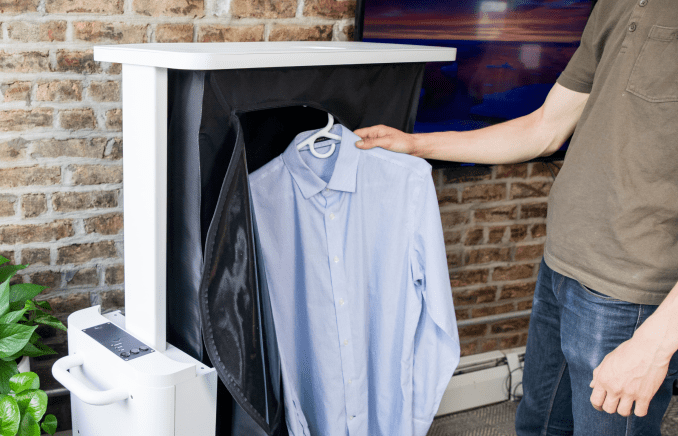
6) Pristēm: Steam cleaning in a portable box. Meant to be a dry cleaning alternative for offices, hotels, apartments, etc. Hardware license + monthly subscription. The companyco-founder says they have letters of intent from Marriot, Hyatt, and other hotel chains. Company name is pronounced like &Pristine& mashed up with the word &steam&.
7) EveraLabs: An at-home, mail-in kit which the company says allows for stem cell collection from urine. The idea would be to collect stem cells when you&re young for use in case of health issues later.
8) testRigor: Produces autonomous &human-level& testing for software in development. Currently seeing a $200k ARR, forecasting $300k in the next 30 days. Co-founder Artem Golubev says testRigor is already talking with 26 companies, including GrubHub, stockX, and Genentech.
9) Spectrum CannaLabs: Faster, accurate, and dedicated testing for legal cannabis products. In many states, all legal cannabis products must be tested for things like residual pesticides, funguses, heavy metals, and foreign materials prior to distribution— but Spectrum says the labs are overrun.
10) Gritwell: A platform meant to connect practitioners like dietitians, nutritionists, and naturopaths to patients with chronic health conditions. The company is initially focusing on patients with Lupus, later expanding to other autoimmune diseases.
11) Green Light Labs: A marketing platform meant to convince users to switch to electric vehicles. Their MyGreenCar and MyFleetBuy apps analyze your trips while you drive, calculating how much different cars might cost you (or your company) to run. Currently has $1.3M in contracted revenue.
12) Friendly Robots: Autonomous vacuums for the cleaning industry — think Roomba, but bigger, built for large/complicated commercial spaces, and with dramatically improved autonomy. CEO Xiao Xiao previously worked at Apple, designing and building things like the odometry/motion sensing algorithms for the Apple Watch.
13) Bludot: A cloud-based platform for helping city governments oversee and analyze the growth of its local businesses, tying into data like licensing/permitting and providing a place for the city to communicate with the owners. They&ve currently completed a pilot program with one mid-size city.
14) Coolso: A muscle-sensing, wrist-worn device for controlling devices with gestures. Initially focused on industrial use cases. Co-founder Jack Wu says their solution is cheaper to build but more stable than alternative approaches like Thalmic Labs& Myo or Leap Motion.
15) Crelytics: A software platform for lenders with AI-driven risk assessment and fraud detection, and a customizable decision engine. Currently seeing $100k+ in ARR.
16) LEAD: A platform meant to help companies &develop an amazing workplace culture& by matching employees based on interests and professional backgrounds and getting them together every 1-4 weeks for coffee, lunch, or virtual check-ins. Ties into existing software like Slack and Google Suite.

17) Celly.ai: AI-powered microscopy diagnosis. Strap an iPhone to a microscopelens with their optical adapter, and Cellyneural networks can help analyze blood smears, starting with blood cell counts.
18) Blushup: Marketplace and appointment booking solution for beauty retailers (like L&oreal/Lancome). Company founder Monique Salvador says only 37% of beauty retailers currently use online booking solutions.
19) Modality.ai: Analyzes video of a user (recorded while they interact with an on-screen avatar) for facial movements and speech patterns to evaluate changes in neurological diseases. Intended to make clinical drug trials for these conditions more efficient thanks to standardized/objective data.
20) Chowmill: Faster, easier meal ordering for enterprises for things like group meetings and events. Enter info like dietary preferences, favorite cuisines, and budget, and Chowmill automates much of the remaining process away. Founded Mubeen Arbab says the company is currently seeing gross margins of roughly 40%. In January they saw 25k in revenue; by August, that was up to $118k.
21) Yaydoo: Procurement automation for companies, making things like negotiation and recurring orders more efficient. Projecting a $1.2M ARR
22) SmartBins: Smart dispensers for bulk products at the grocery store. Works with existing bulk bins. The customer uses the bulk bin as normal, and SmartBinsystem automatically calculates how much product was pulled from the bin and has a label/tag printed for them at a nearby kiosk. Company co-founder David Conway say they&ve already got a sale agreement with the company that makes 100% of the bulk bin fixtures on the market. Brands and retailers get a dashboard with item-by-item purchasing analytics.

 12
12










